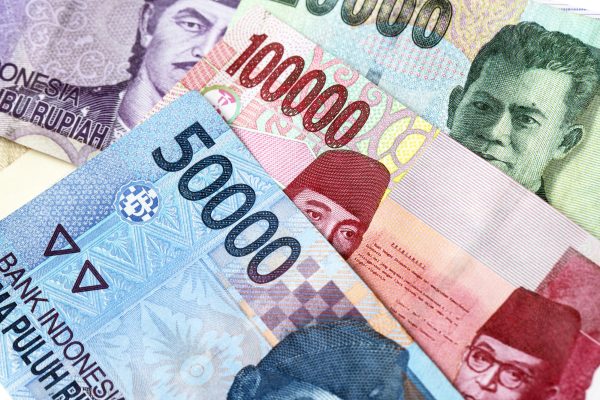Indonesia’s parliament has approved the creation of a new sovereign investment fund in order to manage some of the country’s most important state-owned enterprises and generate capital for Indonesian investments elsewhere.
The new body, which will be called the Daya Anagata Nusantara Investment Management Agency, or Danantara, will assume control over all government holdings in state companies from the State-Owned Enterprises (SOE) Ministry.
“Danantara is officially set up and formed in order to consolidate the management of state-owned companies and optimize the management of dividends and investments,” Erick Thohir, the minister of state-owned enterprises, told parliament after the law’s passage.
Danantara, which was announced soon after President Prabowo Subianto took office in October, will have initial capital of at least 1,000 trillion rupiah (around $61 billion), according to Reuters. This was reportedly based on the estimated consolidated capital of Indonesia’s SOEs, which came to as much as 1,135 trillion rupiah in 2023.
As Bloomberg reported ahead of yesterday’s vote, the bill will help “to formalize Danantara’s authority over state assets, allowing it to approve capital increases; restructure companies through mergers, acquisitions, and spin-offs; and create new investment holdings after consulting with parliament.” Danantara will have the “flexibility to make direct and indirect investments and collaborate with SOEs and third-party investors.”
As the Jakarta Globe reported, seven major SOEs will form the “backbone” of Danantara: the state power utility Perusahaan Listrik Negara, the energy firm Pertamina, the mining firm PT Mineral Industri Indonesia, and the telecoms operator Telkom Indonesia, as well as the state-owned banks Bank Mandiri, Bank Rakyat Indonesia, and Bank Negara Indonesia.
Indonesian officials have been open about the fact that Danantara is intended to replicate the successes of Singapore’s investment fund Temasek Holdings. Established in 1974, Temasek has funneled the city-state’s large foreign exchange reserves into investments across the globe. As of March 2024, the fund had a portfolio value of S$389 billion ($287.5 billion), according to Temasek’s website.
As Reuters reported, Danantara will set up two entities: a body that manages SOEs, under the supervision of the SOE Ministry, and an investment firm that “will manage dividends and leverage assets.”
Danantara is not the country’s first sovereign wealth fund. In 2021, President Joko Widodo’s government created the Indonesia Investment Authority (INA), which currently manages some $10.5 billion in capital and state assets, including stakes in state-owned banks. But a new fund was deemed necessary to support President Prabowo’s ambitious economic agenda, which seeks to achieve 8 percent annual growth rates for the duration of his five-year term in office. Danantara aims to expand its managed assets to $982 billion by the end of Prabowo’s term, which would make it the fourth-largest sovereign wealth fund globally.
As The Diplomat’s economics columnist James Guild has written previously, the main obstacle for Indonesia in setting up a sovereign wealth fund is that, unlike Singapore, Norway, or the Gulf states, it is a net debtor and does not have a foreign exchange surplus that usually forms the basis for a fund. The new administration has seemingly overcome this obstacle by assembling its SOEs into a pool of assets, currently worth an estimated $600 billion, which it can then use to obtain funding for further investments, while (in theory) optimizing the returns from SOEs to the state.
All this sounds good on paper, but there are a number of uncertainties attached to the venture. The first is Danantara’s relationship with INA: in particular, whether it will eventually absorb INA, which operates under the supervision of the Finance Ministry, or whether the two work in tandem, with potential messy overlaps of authority.
Second, the fact that Danantara will come under the direct supervision of the president raises inevitable questions about the body’s independence – a question that could affect how it is perceived by foreign investors and international markets. In a note published in January, which was cited by Reuters, the consultancy group CreditSights said that Danantara had the potential to improve Jakarta’s management of its SOEs, and therefore improve Indonesia’s access to funds on international markets. However, it also warned that the agency could be susceptible to political interference.
“We see some risks upon the establishment of Danantara, including potential political influence on the utilization of the fund, the integration process, and influence of Danantara on the strategic direction of the SOEs,” it said.
Then there are concerns about the massive size of the venture, which brings with it commensurately large risks. As the Jakarta Globe reported, “The law grants Danantara immunity from asset seizures by law enforcement agencies, raising concerns about potential corruption risks. It also authorizes Danantara to merge or split SOEs and create new holding companies, giving it significant control over state assets.”


